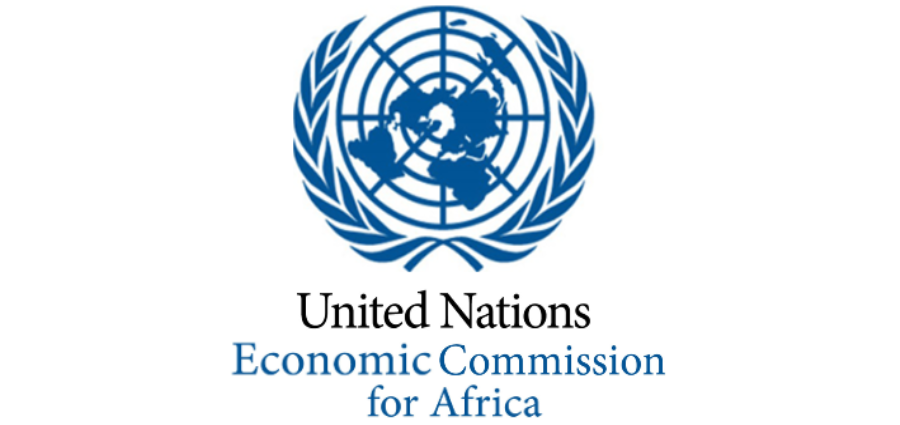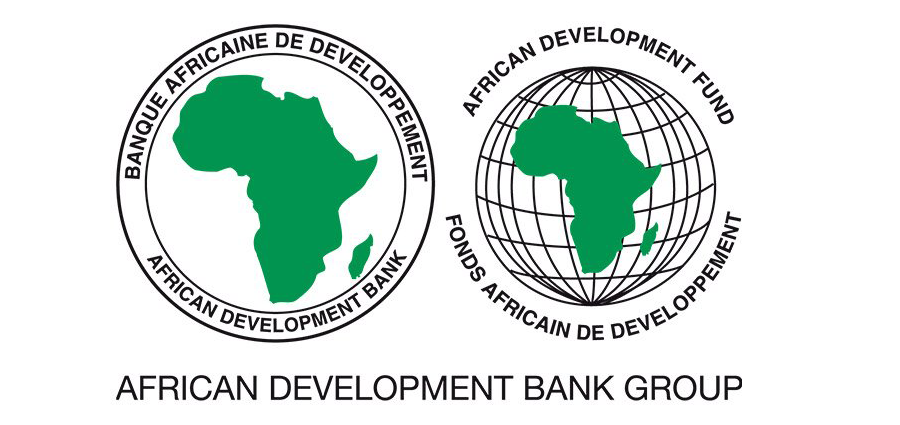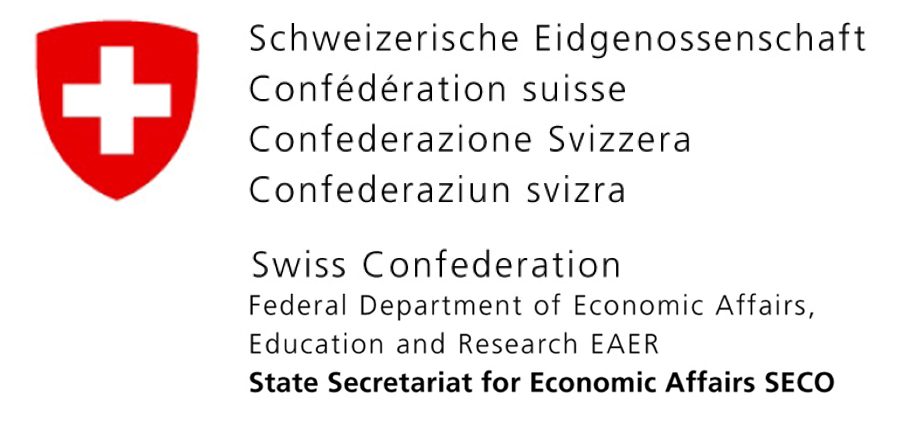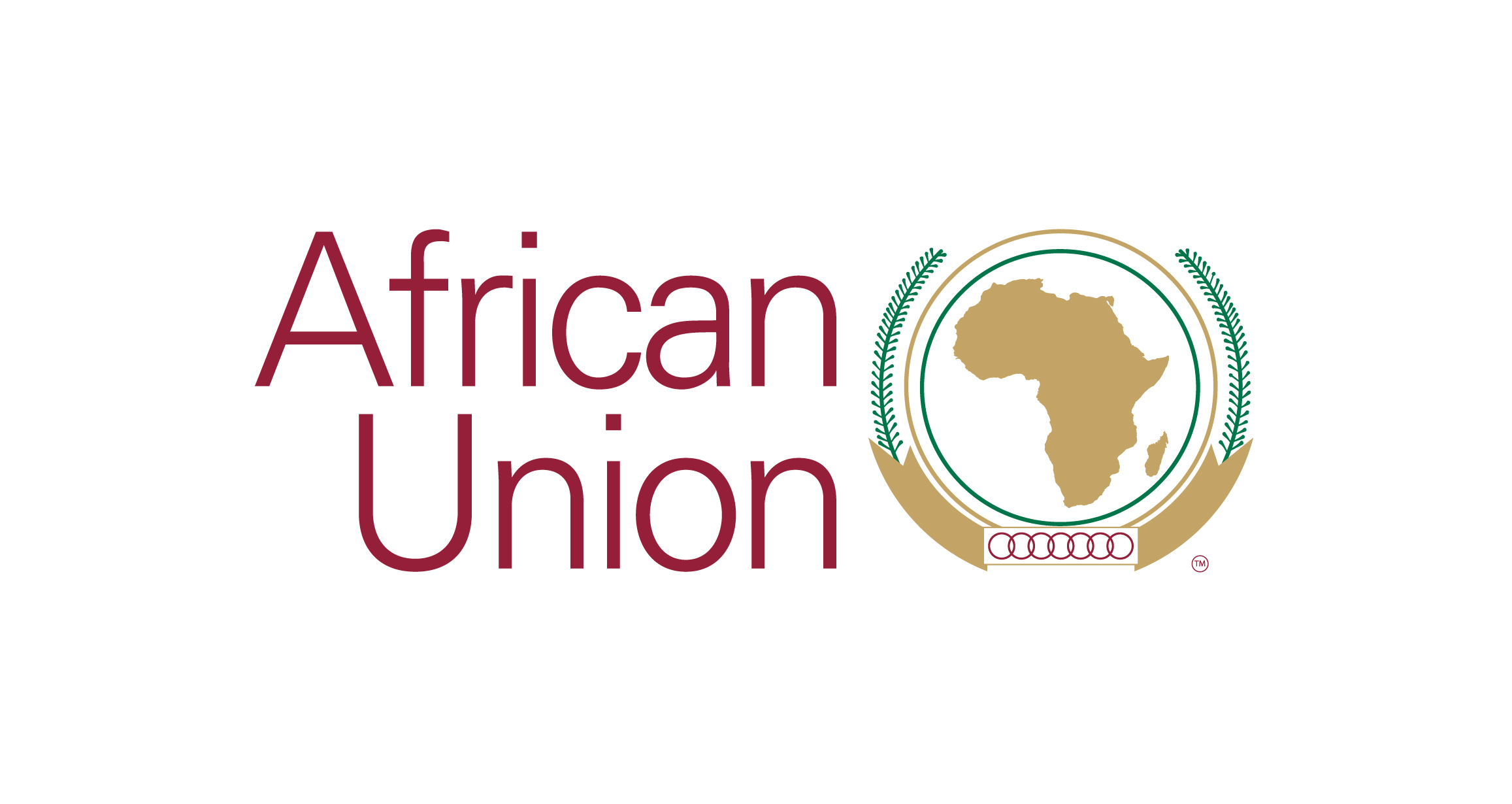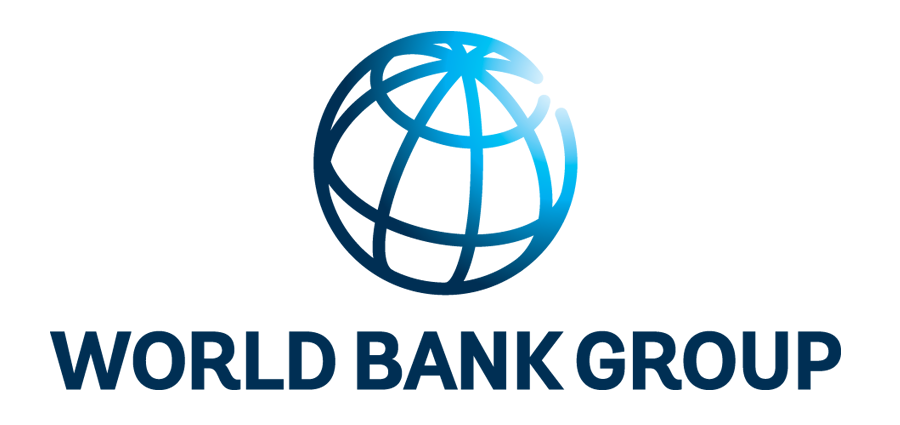Africa's Connectivity Challenge
Despite a slight improvement in the past ten years, Africa remains fragmented. Cross-border movements suffer from long delays and cumbersome procedures at borders, arbitrary transit tariffs, transport restrictions, and a lack of security for transport users. As a result, intraregional and international transport is costly, uncertain, and slow, thereby hindering trade. The situation is worst for Africa's 16 landlocked countries where transport prices account for 15 to 20 percent of import costs. Estimates indicate that reducing transport costs could lead to a whopping 25 percent increase in trade.

40% of the final price of goods

Intra-African trade is a mere 15%

56% above the world average:
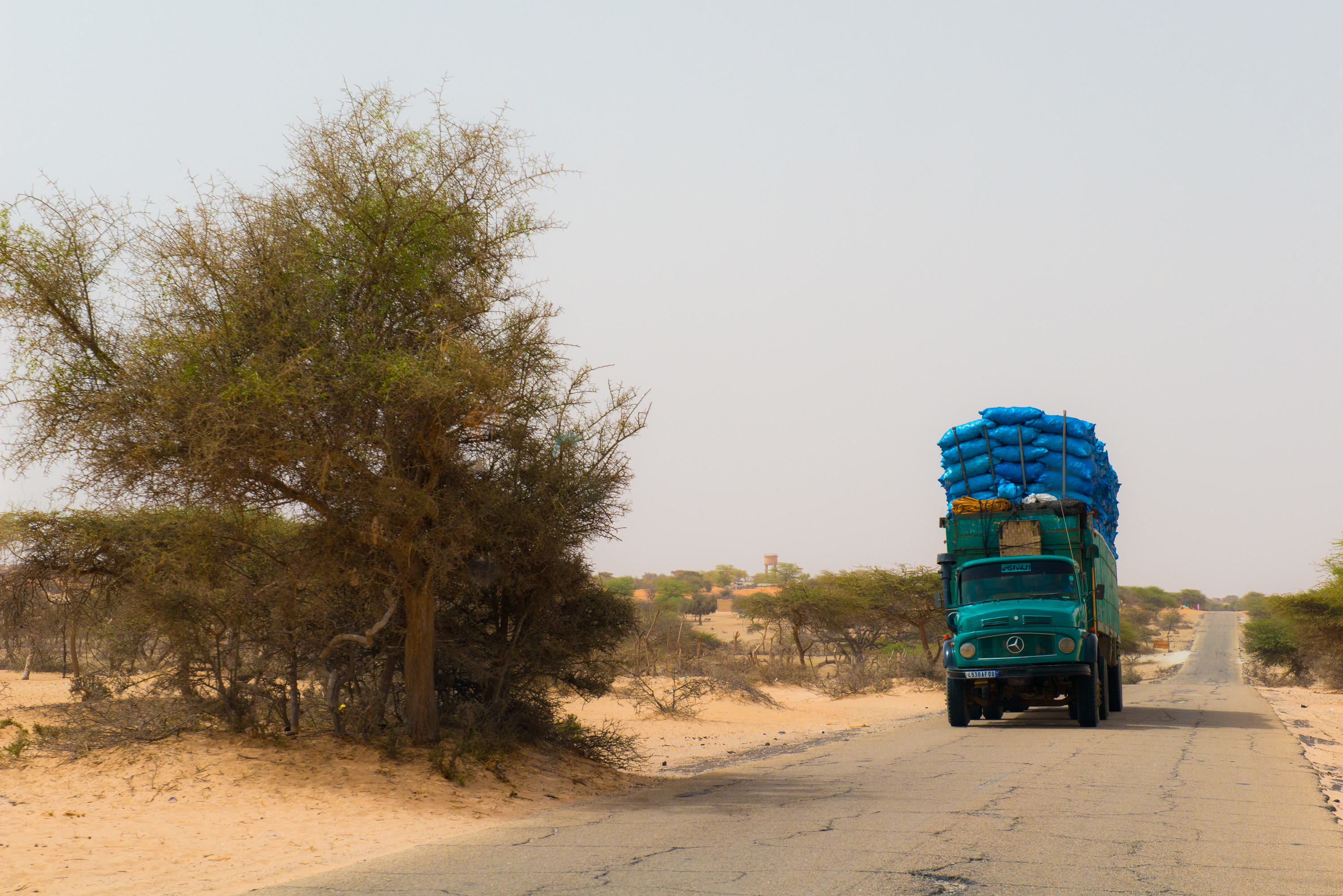
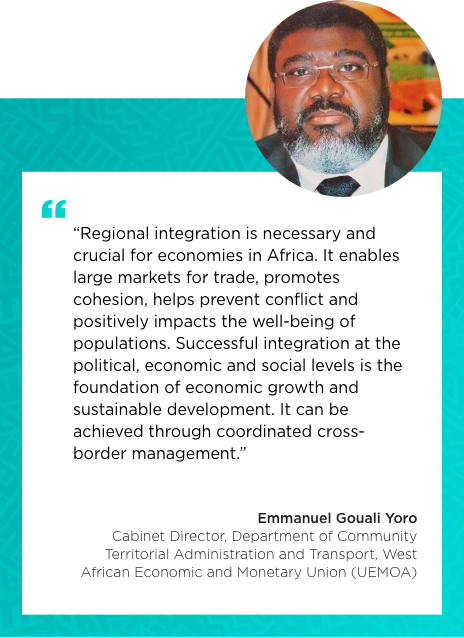
SSATP's Response
African countries have yet to seize the huge socio-economic opportunities that improved economic integration and cross-border trade and transport can unlock. Recognizing that efficient transport systems are critical for boosting economic growth and development, SSATP facilitates trade and transport reforms that ultimately improve access to goods and services, thereby linking African communities to national and international markets. Closely aligned with the African Union's regional integration agenda, SSATP's support involves:
- Promoting effective policy and strategy formulation and implementation for corridor development at the country and regional levels, including integrated corridor development and performance-based monitoring mechanisms that support evidence-based decision making.
- Developing the institutional capacity of Regional Economic Communities (RECs), corridor management authorities, and national agencies to hold inclusive policy dialogues on regional integration.
- Facilitating cooperation among regional institutions and advocating for policy reform at the continental level through the Regional Economic Communities' Transport Coordination Committee (REC-TCC).
- Promoting efficient logistics services by supporting RECs and African countries with establishing legal and regulatory frameworks aimed at improving the performance of transport and logistics operators.
The program's main activities involve conducting assessments, preparing case studies, building capacity based on stakeholder needs, disseminating best practices, and advocating for and supporting the application of knowledge.
Towards an Integrated Africa
Strengthened capacity of regional port authorities: In collaboration with the respective port management associations, SSATP supported approximately 40 African ports in East, West, South and Central Africa. By preparing guidelines on the concession of port container terminals, SSATP helped strengthen the capacity of policymakers and port authorities to understand key issues at stake when preparing and managing container terminal concessions, with the goal of maximizing the economic benefits that countries can yield through concessions.
Using big data to improve corridor performance: SSATP, in close collaboration with Eastern and Southern Africa's corridor management institutions and the Federation of Eastern and Southern Africa Transport Associations (FESARTA), developed a web-based Truck Monitoring System (TMS) for analyzing border crossing and route trucking times using GPS data obtained from truck fleet management and customs tracking systems. Currently, the TMS covers 42 border posts and 50 routes across East and Southern Africa, with additional routes under consideration.
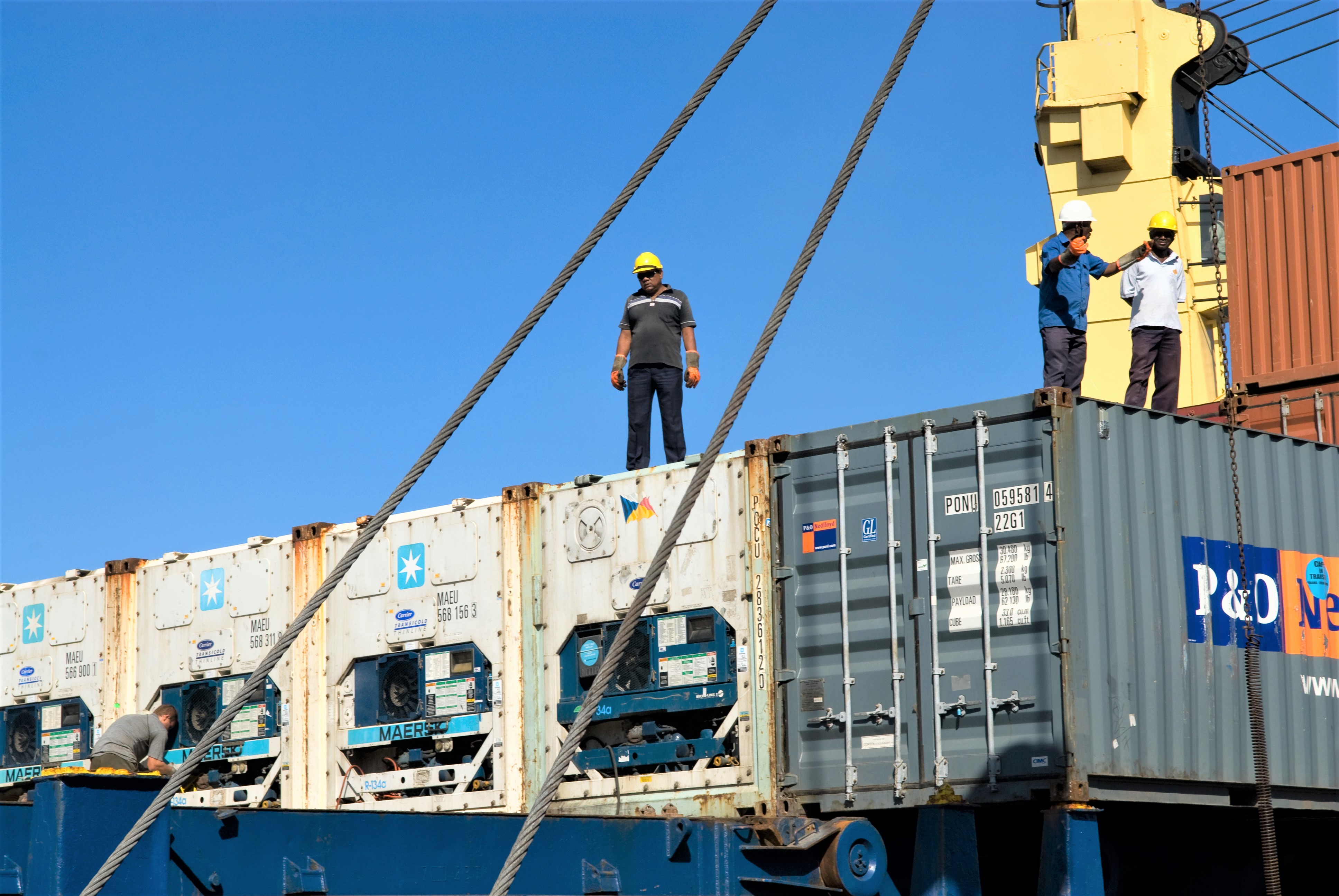
Featured Publication
The West and Central Africa Trucking Competitiveness working paper sheds light on trucking sector inefficiencies in the region, and presents an analytical framework to assess trucking sector reforms, with an emphasis on the political economy and feasibility of implementation.

